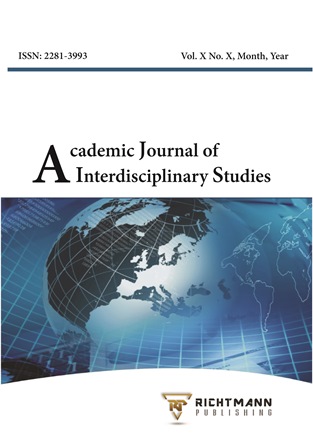Fulfilling the Restitution Rights of Crime Victims: The Legal Practice in Indonesia
DOI:
https://doi.org/10.36941/ajis-2023-0101Keywords:
Restitution rights, crime victims, legal fulfillment, legal practice, IndonesiaAbstract
According to Articles 38D and 38G of the Republic of Indonesia’s 1945 Constitution, citizens have the right to a sense of safety from the state, including the right to be protected from crimes. In Indonesia, there is an annually increasing rate of crime, many of them being crimes against wealth. Unfortunately, victims seldom receive attention, including recovery from losses or restitution. This was normative legal research conducted on secondary data, including primary legal materials, secondary legal materials, and other supporting legal materials. The data were collected through a literature review and were analyzed using the descriptive-qualitative method. Results showed that the restitution rights of crime victims are regulated in Indonesia's legal regulations (the 1945 Constitution, the Law on the Protection of Witnesses and Victims, the Law on Human Rights, the Law on Corruption, etc.). But these regulations are still incomplete and they are difficult to implement in legal practice. In Indonesia, the implementation of crime victims’ restitution rights has not been fulfilled. Many victims fail to obtain restitution from the perpetrators because they still lack knowledge of their restitution rights and the application procedures due to a lack of socialization from the law-enforcing apparatus and the government. Victims may file a civil case lawsuit to the District Court to fulfill their restitution rights. It can be done through a combined mechanism of a civil lawsuit in a criminal case or through a pure criminal court decision. In conclusion, Indonesian law has regulated victims’ restitution rights. Even so, the laws are still incomplete and they lack harmony. The fulfillment of victims’ restitution rights is not yet ideal and its procedures are too complicated.
Received: 17 April 2023 / Accepted: 12 June 2023 / Published: 5 July 2023
Downloads
Downloads
Published
Issue
Section
License

This work is licensed under a Creative Commons Attribution-NonCommercial 4.0 International License.
This work is licensed under a Creative Commons Attribution-NonCommercial 4.0 International License.








